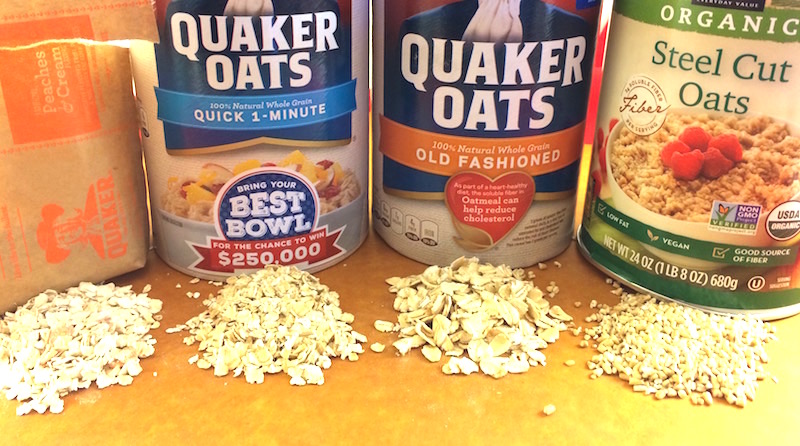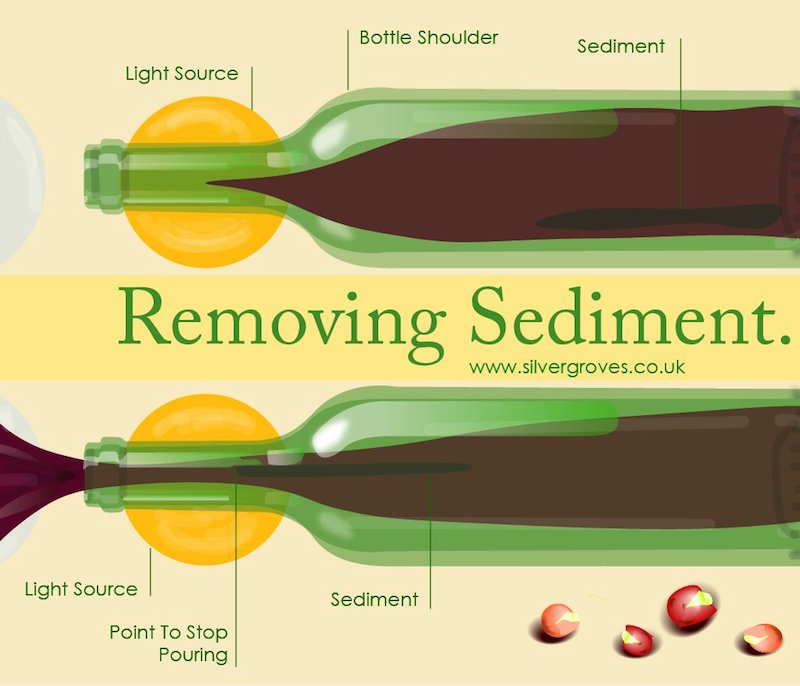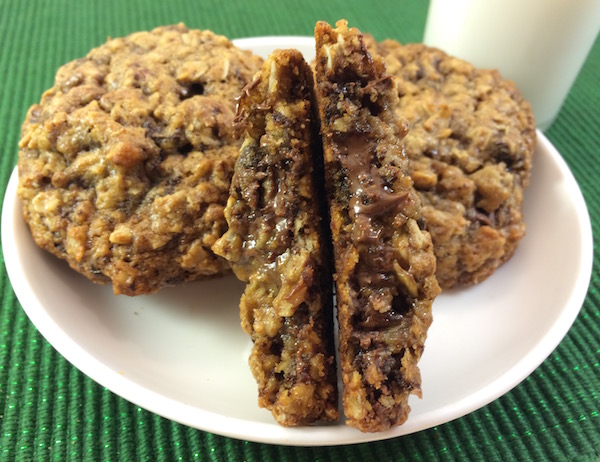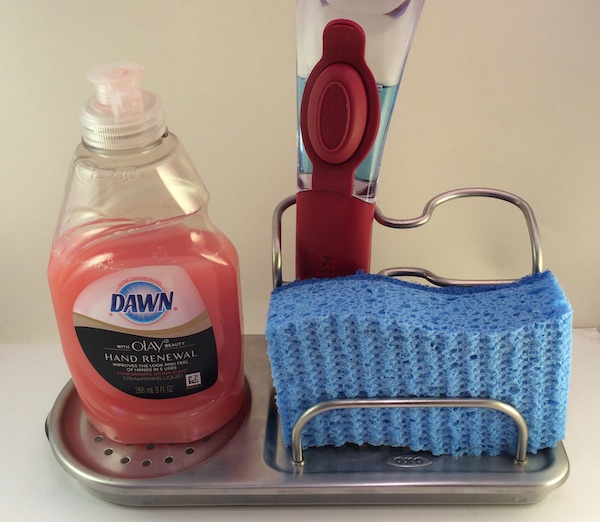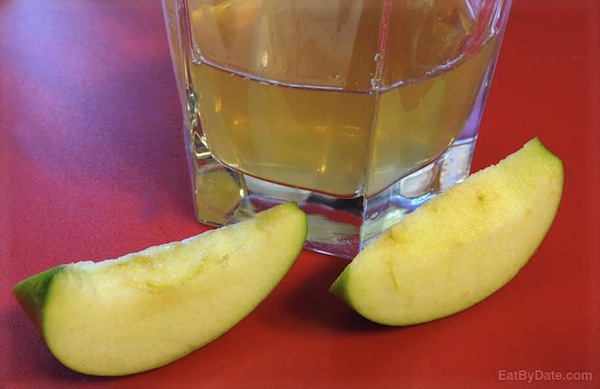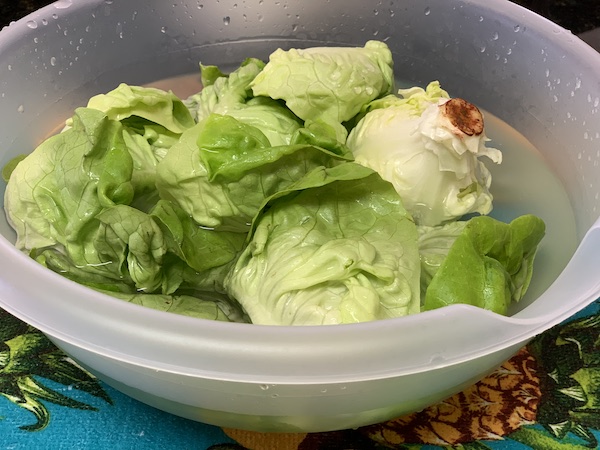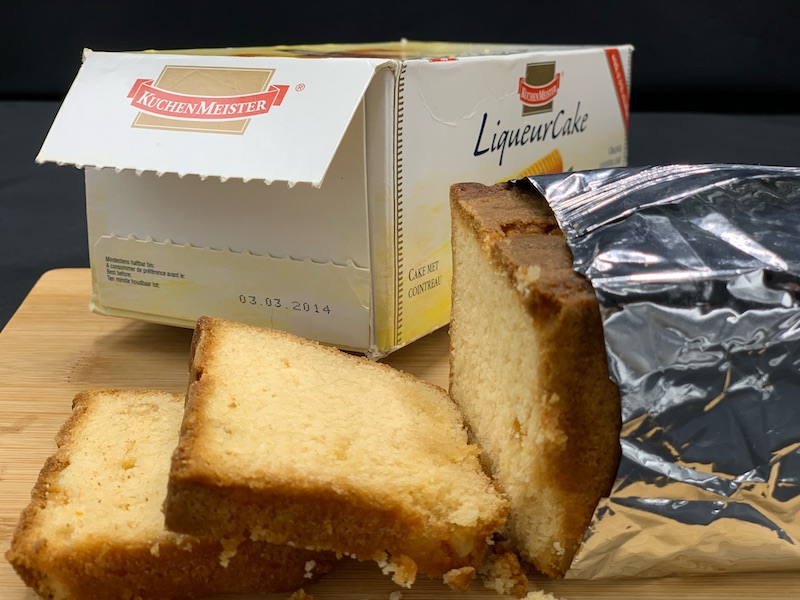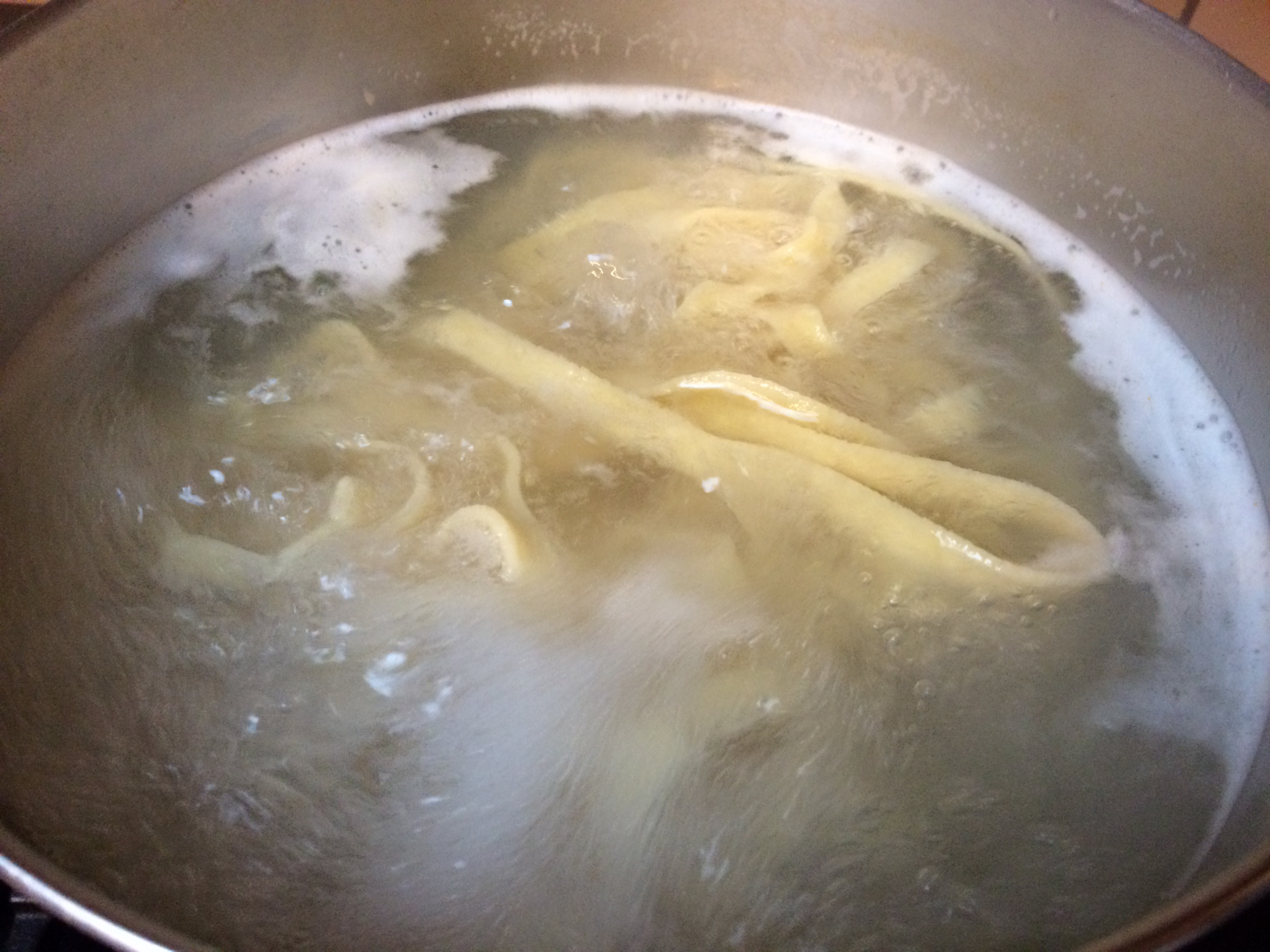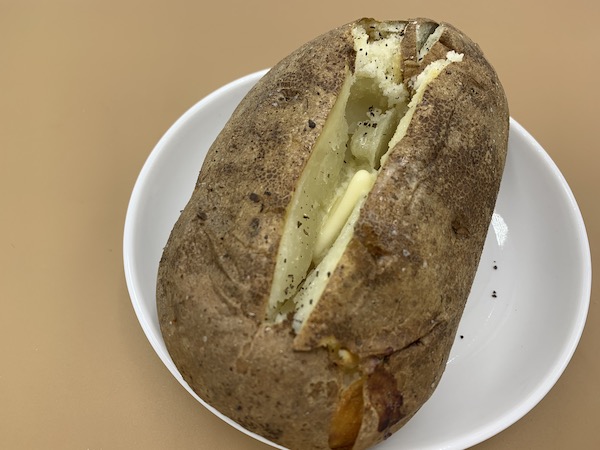What to Buy Organic
You may have noticed the organic section of stores getting larger and larger, with some of the items not even making much sense as to why they are labeled organic. Some types of fruits and vegetables receive more pesticides than other types while they are growing, making some more potent in chemicals than others.
The Environmental Working Group looks at produce each year and creates lists of recommendations. The 2018 list, only slightly different from 2017, was recently published in April.
So, when is it beneficial to buy organic and when is the price difference not even worth it? See what the experts recommend below.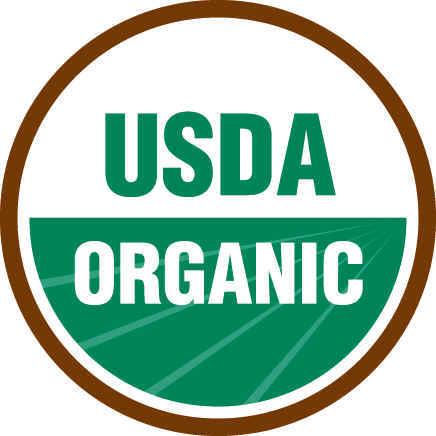
What to Buy Organic
Consider These
These fruits and vegetables are generally loaded
with pesticides while being grown.
This list is considered the “DIRTY
DOZEN” by the Environmental Working Group
[1].
Therefore, if given the option, consider purchasing
organic any of the fruits and vegetables contained
within the following list.
|
|
Apples |
|
|
Cherries |
|
|
Grapes |
|
|
Nectarines |
|
|
Peaches |
|
|
Strawberries |
|
|
Peppers |
|
|
Celery |
|
|
Pears |
|
|
Potatoes |
|
|
Spinach |
|
|
Tomatoes |
What to Buy Organic - Not!
Ignore These
The following list is considered the “CLEAN
FIFTEEN” by the Environmental Working Group
[2].
Items making it onto this list are not that
different, whether purchased organic or not. Since
few pesticides are used when growing the produce on
this list, purchasing the organic variety is not as
beneficial as it is with the previous list.
|
|
Avocado |
|
|
Asparagus |
|
|
Broccoli |
|
|
Cabbage |
|
|
Cantaloupe |
|
|
Cauliflower |
|
|
Corn |
|
|
Eggplant |
|
|
Grapefruit |
|
|
Honeydew |
|
|
Kiwi |
|
|
Mangoes |
|
|
Onions |
|
|
Papaya |
|
|
Peas |
|
|
Pineapple |
What to Buy Organic
Additional Information
To find out more about the organic label on foods, see our organic definition page.


